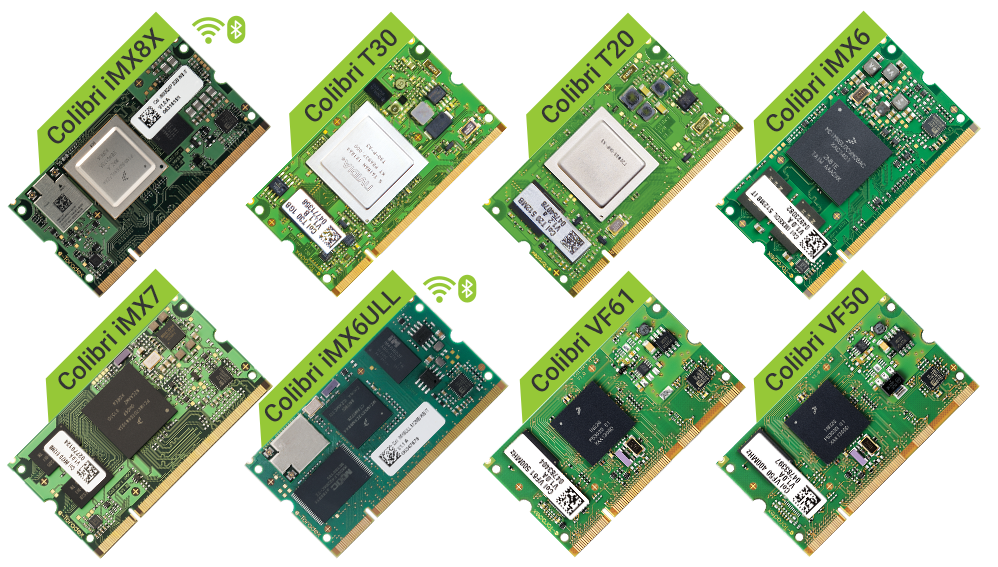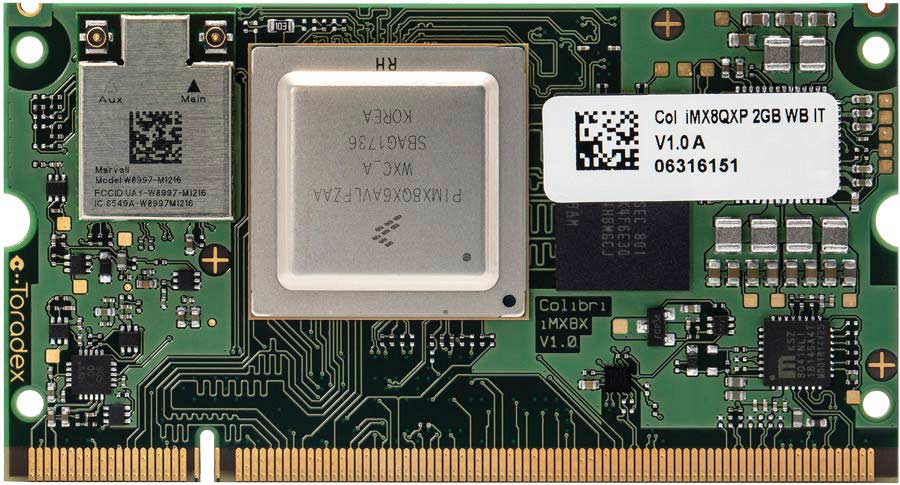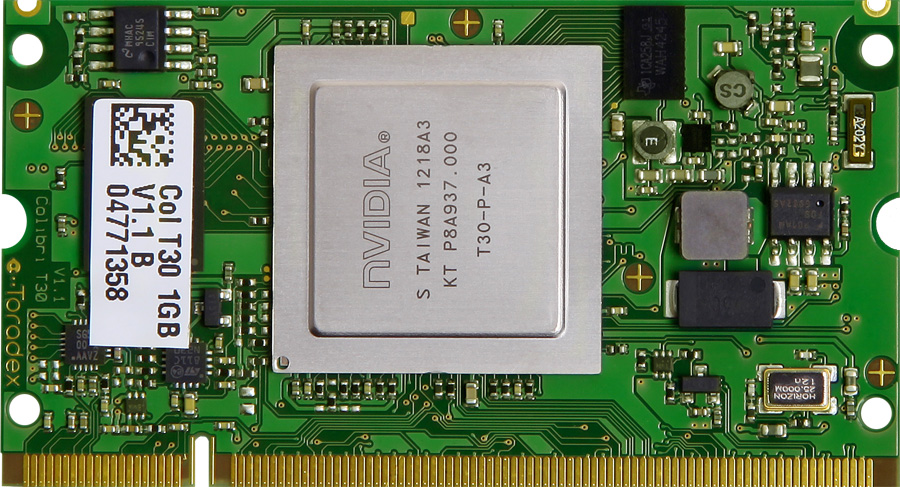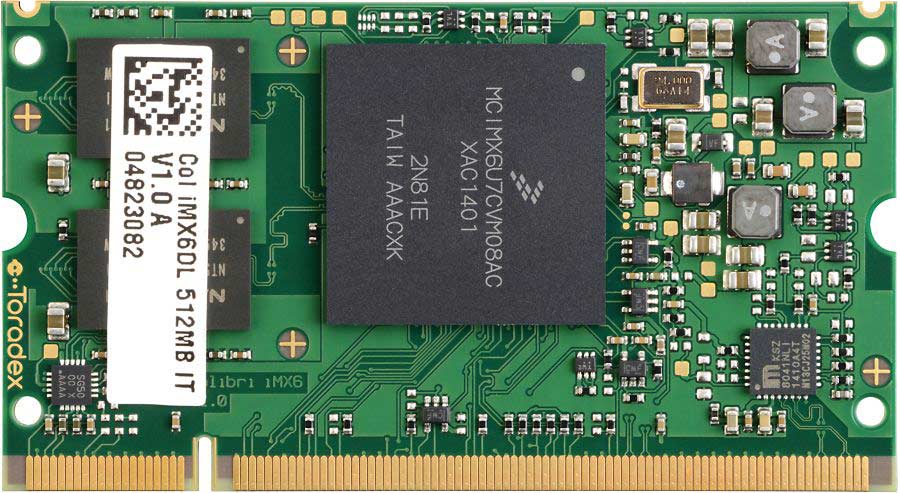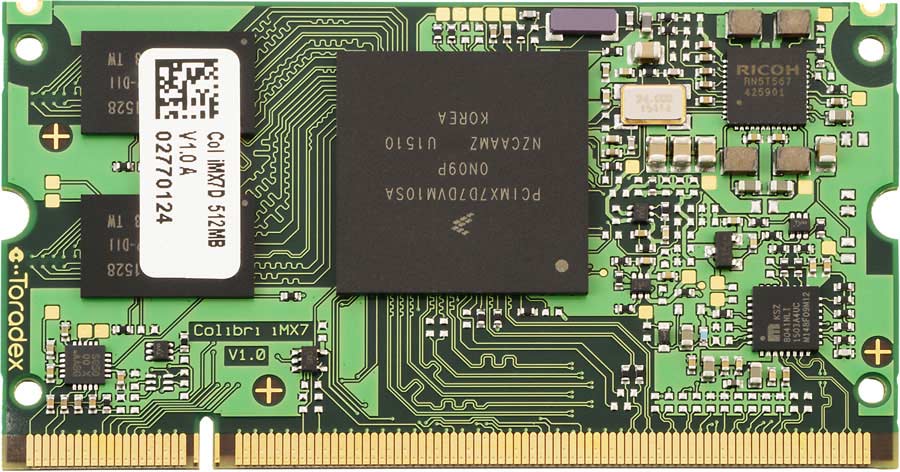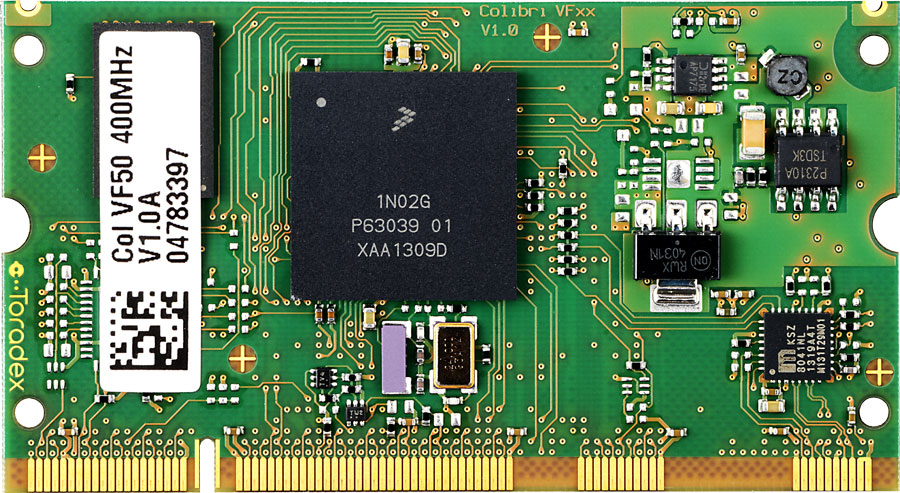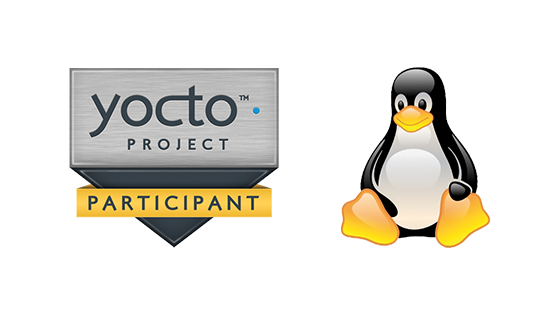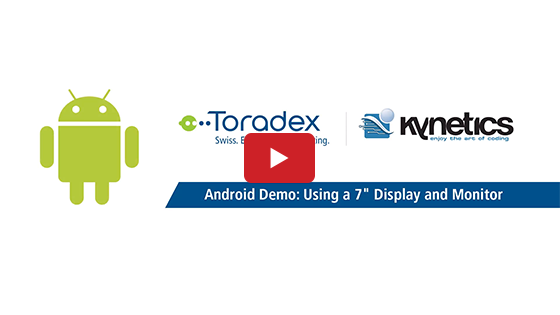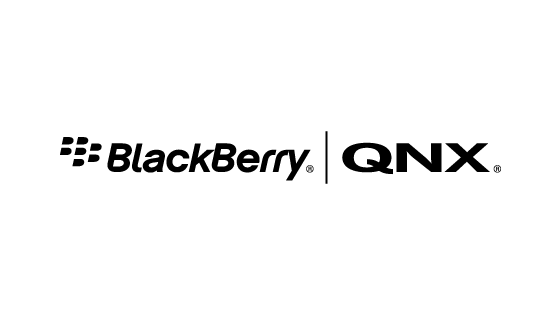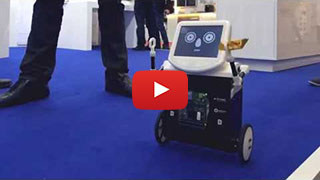Colibri Arm Family
The Colibri Arm® family consists of SODIMM-sized System on Modules (SoM) / Computer on Modules (CoM). The family offers miniaturized modules based on NXP® i.MX 8X, i.MX 6ULL, i.MX 7, i.MX 6, Vybrid and NVIDIA® Tegra SoCs. All these modules are pin-compatible, ensuring scalability of applications developed on them. The Colibri family delivers cost-performance-optimized designs. An extensive range of Colibri-compatible carrier boards and accessories, such as cameras and displays, is also available for easy product development on the Colibri Arm family of modules.
Highlights
Colibri Computer on Modules Family
-
A35
-
A35
-
A35
-
A35
-
M4F
-
3D GPU OpenCL
-
2GB RAM
-
8GB FLASH
-
A9
-
A9
-
A9
-
A9
-
3D GPU
-
1GB RAM
-
4GB FLASH
-
A9
-
A9
-
3D GPU
-
512MB RAM
-
1GB FLASH
-
A9
-
A9
-
3D GPU
-
512MB RAM
-
4GB FLASH
-
A7
-
A7
-
M4F
-
1GB RAM
-
4GB FLASH
-
A7
-
1GB RAM
-
4GB FLASH
-
A5
-
M4F
-
256MB RAM
-
512MB FLASH
-
A5
-
128MB RAM
-
128MB FLASH
Software
Torizon is a ready-to-use Linux-based software platform ideal for use in areas like industry and medicine, where reliability is critical. It is a developer-friendly ecosystem that simplifies the process of developing and maintaining embedded software.

Toradex develops and maintains a Yocto Project-compatible, production-quality embedded Linux BSP in-house.
Windows Embedded Compact, formerly known as Windows CE (WinCE), is a real-time, small-footprint operating system. This OS is ideal for building embedded products targeting a variety of industrial applications.
Android is an operating system based on the Linux kernel. It offers a low-cost, flexible and customizable OS for developing high-tech devices.
QNX is a microkernel-based real-time operating system primarily targeting embedded systems that require high safety and security.
Toradex provides direct support for FreeRTOS on Colibri iMX8X. FreeRTOS is a real-time OS that runs on the Cortex-M4 cores in parallel to the main OS.
Colibri Computer on Modules - Comparison Table
The power consumption is subject to variation, depending on the situation. Our estimation of the minimum and maximum power consumption is based on the lowest idle power consumption and the highest power consumption values during maximum load. Refer our developer article for more information.
(1) The Wi-Fi/Bluetooth module featured on the SoM is rated for an operating temperature range of -30°C to +85°C. As this component is not deemed boot-critical, the SoM is still listed as an industrial temperature range product.
General: Some interfaces are available on pins that are not entirely compatible within the Colibri Computer on Module family. There are restrictions to using different interfaces simultaneously, please check the respective datasheet for exact details.
Colibri Carrier Boards

The Colibri Evaluation Board is designed to be a flexible development environment to explore and evaluate the functionality and performance of the entire Colibri product family and includes support for the additional/enhanced functionality on the Colibri T20 and Colibri T30, the Toradex modules which feature the NVIDIA® Tegra™ 2 and Tegra 3 processors.
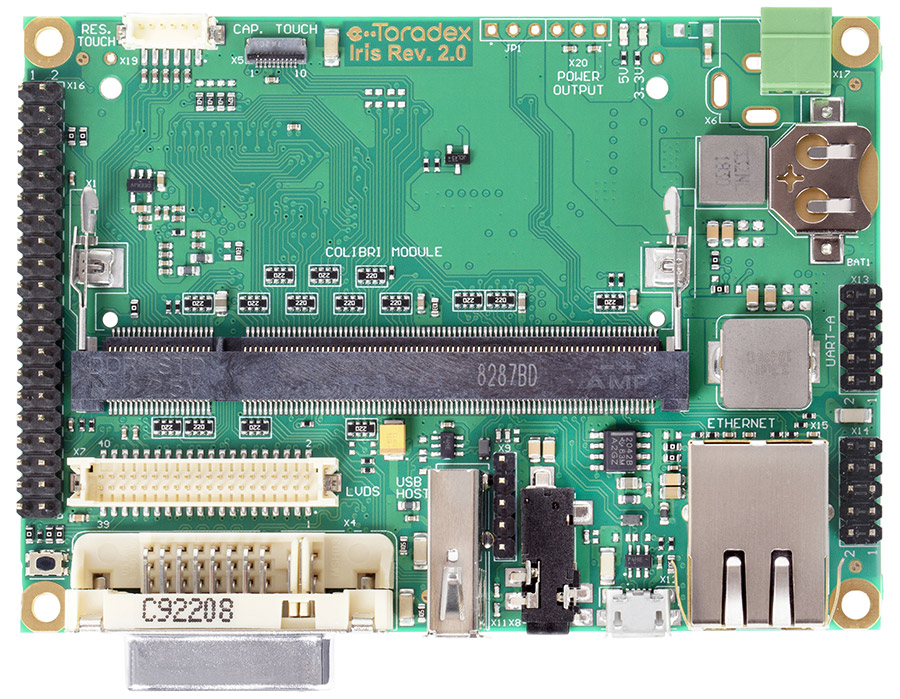
Iris is a compact carrier board for the Colibri family of computer-on-modules. Iris supports all modules in the Colibri product family, and includes support for the additional/enhanced functionality on the Colibri T20 and T30 products.
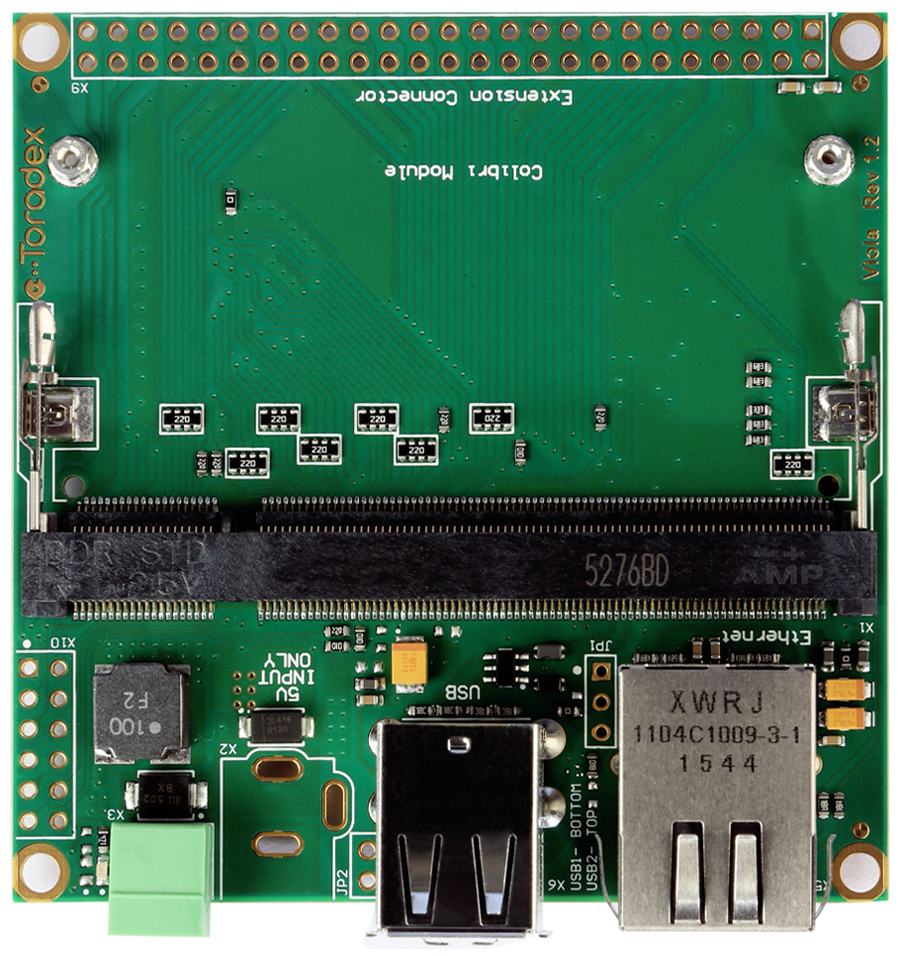
The Viola Carrier Board is targeted at cost sensitive applications which require a small form factor. Measuring just 74 mm x 74 mm, Viola is one of the smallest, lowest cost Single Board Computer (SBC) equivalent solutions on the market. Standard interfaces provided by the Colibri modules are supported by the Viola carrier board using a combination of real-world connectors, card slots and 2.54 mm pitch pin headers. Communication interfaces include USB 2.0 host and 100 Mbit Fast Ethernet. Support for common industrial interfaces including I2C, SPI, UART and GPIO makes the Viola carrier board perfectly suited for industrial and embedded applications.
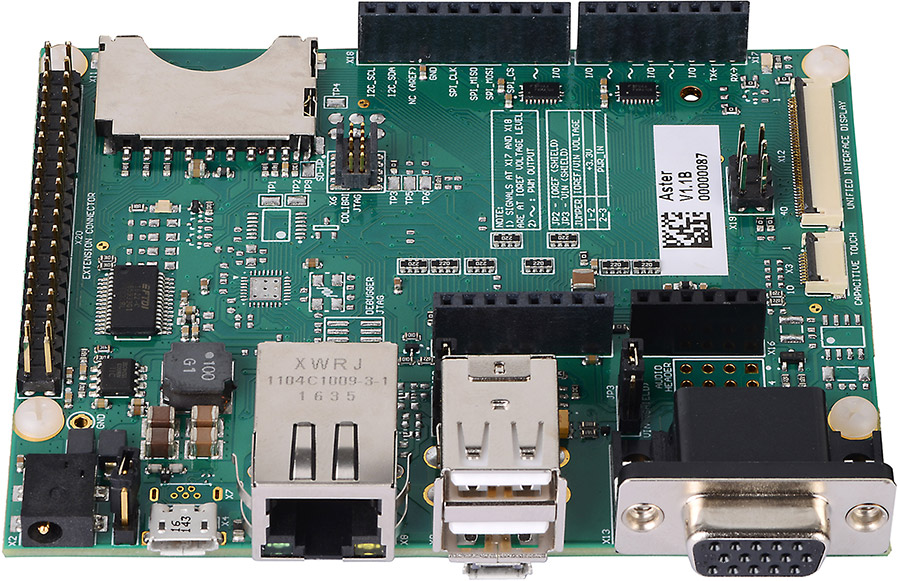
Aster is a carrier board for the Colibri Family of Computer on Modules. Aster has been designed to allow fast prototyping and evaluation of solutions using industry proven Colibri SoM pin compatible product line.
Other Computer on Module Families
Aquila is a new System on Module standard expanding the Toradex portfolio to new heights, offering unparalleled performance for computationally intensive CPU, machine learning, and vision workloads.
Apalis Arm family Computer on Modules (CoMs) offers advanced computing with supreme graphics at optimal power consumption, along with support of high speed interfaces and extensive multimedia formats. Includes free Operating System support for Embedded Linux and Windows Embdded Compact
Verdin Arm family Computer on Modules (CoMs) combine modern high-speed interfaces, an intuitive pinout and a compact form factor into a scalable, pin-compatible, cost and power-optimized offering. Includes free Operating System support for Embedded Linux
